A Hands-on Genius: Leonardo da Vinci: between experience, scientific approach and practical wisdom
When and Where
Speakers
Description
Generally regarded as a pioneer of modern science, Leonardo da Vinci (1452-1519) was in fact extremely antagonistic to science and philosophy in his day, criticizing theoretical approaches that failed to give practical experience a pivotal role in art and life. In the second half of the 15th century, late Scholasticism was mainstream in school and universities, favouring logical rigour over the senses’ direct experience, to the extent that several realistic genres – short fiction, various forms of comic poetry – had targeted philosophers and teachers as “fake savants”, figures that were commonplace often found in earlier “novelle” (Boccaccio, Sacchetti). On the other hand, Classical sources such as Pliny the Elder had established a myth of artist as a perfect imitator of nature who could compete with it to the extent of deceiving the human eyes, as Giotto had done in his time: by exploring Leonardo’s vernacular library, this paper will assess his satire of contemporary artists who, in his view, were not direct imitators of nature, but mimicked other artists’ work.
After teaching at some length in Dublin, Oxford and Verona, Michelangelo Zaccarello is currently professor of Filologia italiana at the University of Pisa and the president of the Italian Culture on the Net (ICoN) consortium: his main research areas are the textual scholarship of early Italian literary texts, mainly comic verse and short stories (with critical editions of Burchiello, Pulci, Sacchetti), and digital philology. He has spent visiting terms in several North-American universities (Berkeley, Tucson, Indiana, Notre Dame, Toronto) and in European ones: Cambridge (UK), Helsinki (Finland), Nitra (Slovakia), Lausanne (Switzerland). Of his more than a hundred publications, many appeared outside Italy: Belgium, Estonia, France, Finland, UK, Slovakia, Spain, Switzerland, USA. Amongst his recently published volumes on textual scholarship: L’edizione critica del testo letterario (Mondadori 2017), Teoria e forme del testo digitale (Carocci 2019), Leggere senza libri (Cesati 2020).
To attend this lecture in person, please complete the online registration.
This lecture will be livestreamed on the Department's YouTube channel.
All times stated in Eastern time.


